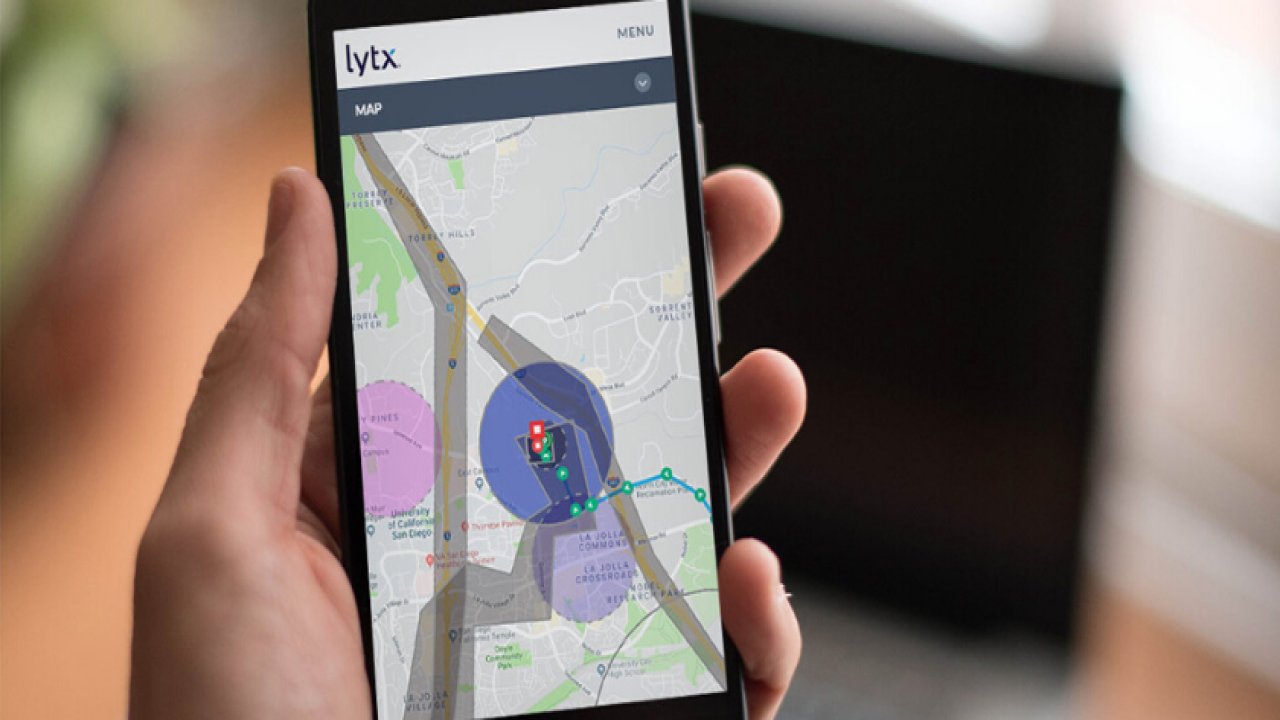
[BACK]
How Fleet Tracking Tech Can Improve Productivity

Fleet tracking technology offers numerous ways to enhance productivity for businesses that rely on vehicle fleets. Here are several ways it can achieve this:
Optimized Routes: Fleet tracking systems can analyze traffic patterns and road conditions in real-time, allowing businesses to plan more efficient routes for their drivers. By avoiding traffic congestion and taking the shortest paths, drivers can complete their routes faster, leading to increased productivity.
Reduced Idle Time: Fleet tracking solutions can monitor vehicle idle time and provide insights into when and where vehicles are idling unnecessarily. By identifying and minimizing idle time, businesses can save fuel costs and ensure that their vehicles are being used more efficiently.
Improved Dispatching: With real-time tracking, dispatchers can assign tasks to the nearest available vehicles, reducing response times and maximizing the utilization of the fleet. This agile dispatching ensures that jobs are completed promptly and efficiently.
Maintenance Alerts: Fleet tracking systems can monitor vehicle health and provide proactive alerts for maintenance issues such as engine problems or low tire pressure. By addressing maintenance issues promptly, businesses can prevent costly breakdowns and keep their vehicles on the road, maintaining productivity.
Enhanced Driver Performance: Fleet tracking technology can provide insights into driver behavior, such as speeding, harsh braking, or excessive acceleration. By identifying areas for improvement and providing feedback to drivers, businesses can promote safer driving habits and reduce the risk of accidents, downtime, and associated costs.
Accurate Time Tracking: Fleet tracking systems can accurately record the time spent on each job or delivery, providing businesses with precise data for billing purposes or payroll. This ensures that employees are fairly compensated for their work and helps businesses optimize their operations.
Asset Utilization: By monitoring vehicle usage and availability, fleet tracking technology enables businesses to optimize the utilization of their assets. This can involve reallocating vehicles from low-demand areas to high-demand areas or identifying opportunities to consolidate routes for greater efficiency.
Customer Satisfaction: By improving routing efficiency and response times, businesses can enhance customer satisfaction levels. Timely deliveries, faster service, and accurate arrival estimates contribute to a positive customer experience, which can lead to repeat business and referrals.
Overall, fleet tracking technology offers businesses a powerful tool for increasing productivity, reducing costs, and improving customer service. By leveraging real-time data and insights, businesses can streamline their operations and stay competitive in today's dynamic market.
We engaged Geosoft in mid-2023 as they have a reputation for API integration within the Telematics s . . . [MORE].

We all have been VERY pleased with John's vigilance in monitoring our system and his quick and . . . [MORE].

FIVE STARS + It's true, this is the place to go for your GeoTab needs. In my case, Justin fixed . . . [MORE].

We were in desperate need of help because our former GeoTab Development agency left us hanging with . . . [MORE].

Just to say thank you for all the hard work. I can't express enough how great it's been to . . . [MORE].

Fleet tracking is an essential tool for businesses that manage a fleet of vehicles, offering a range of benefits that enhance performance and efficiency. Here’s a detailed look at how fleet trac
"Technical Fleet Navigation" can refer to various aspects of managing and directing a fleet of vehicles or vessels, including logistical planning, route optimization, tracking, and ensuring
Fleet dispatch innovations involve the use of advanced technologies and methods to optimize the management and operation of vehicle fleets. Key innovations include: Telematics Systems: These